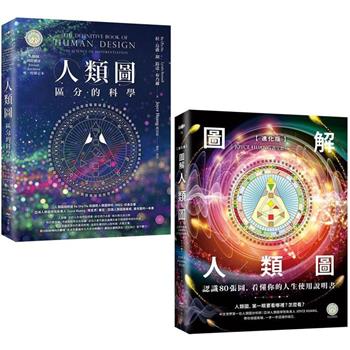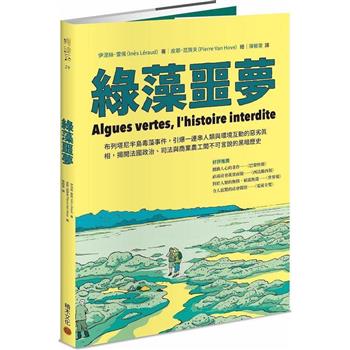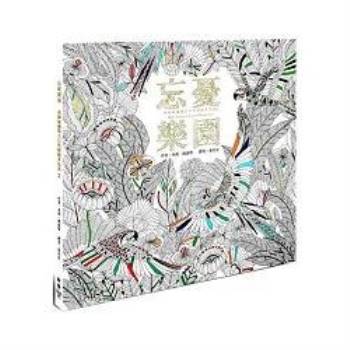By virtue of its subject, its methods, and its disciplinary tradition, philosophy of science straddles the borderlines between C. P. Snow’s Two Cultures, connected equally strongly to the learned realm of the humanities and the technological domain of the sciences and thereby linking these worlds.
Philosophers of science who engage with scientists or engineers often understand their role as that of the voice of reflection: the philosophical eagle perspective allows them to engage with those questions all too often ignored in the everyday routine of scientific practice: questions about the motivation, norms, values, methods, and limitations of the scientific enterprise.
Many modern scientific projects covering all of the disciplines in the natural, medical and engineering sciences urgently require this level of philosophical reflection: large-scale collaborative scientific projects with major impact on our world and society raise concerns about sustainability, safety, objectivity, inter-subjectivity, ethics, and the fundamental concepts underlying the scientific questions, all of which are firmly within the domain of competence of the philosopher of science.
This is the inaugural volume of the new book series Comptes Rendus de l’Académie Internationale de Philosophie des Science
whose volumes are freely available online. The series is edited on behalf of the Académie Internationale de Philosophie des Sciences (AIPS) and this volume contains papers presented at the AIPS conference held in Amsterdam in September 2018.

 看圖書介紹
看圖書介紹










